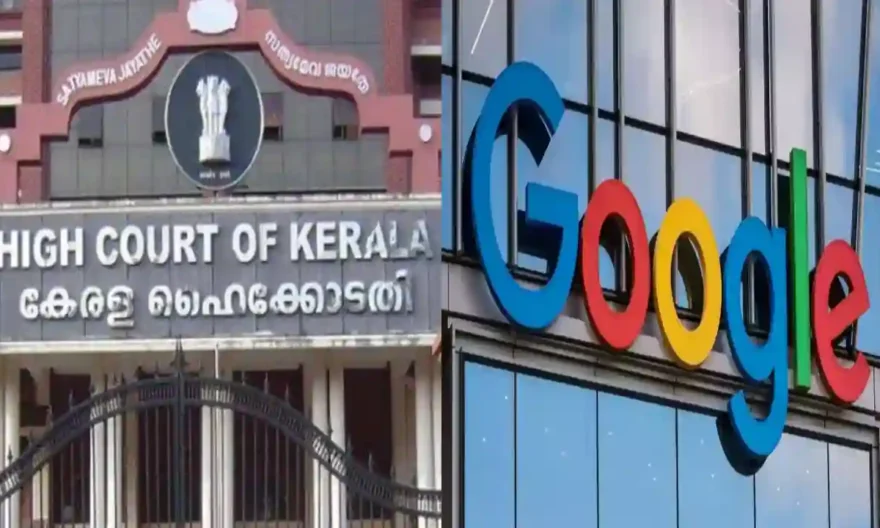
The Kerala High Court has recently refused to strike down an observation in its 2022 judgement on the right to be forgotten in which it suggested that Google may use AI capabilities to identify and erase private material from court records and judgements.
A division bench of Justices A Muhamed Mustaque and Shoba Annamma Eapen dismissed Google INC’s petition seeking to review the abovementioned judgement.
The search engine platform was also aggrieved by another observation, which stated that Google cannot pretend to be a simply content-blind intermediary and shirk any responsibility when it comes to the right to privacy.
The division bench clarified that this observation was made solely in relation to the basic fights and not in relation to any usual Google activity governed by the Information Technology Act (IT Act) and the applicable Rules.
Following a thorough study of the IT Act, the bench also noted that even Rule 3 (d) of the IT Act requires Google to remove content based on a court order.
“The preceding rule also requires Google to remove contents in response to a Court order. In light of the foregoing, it is clear that our observations do not violate the statutory scheme,” the bench stated.
Concerning the court’s observation in the aforementioned judgement that “Google can deploy AI (Artificial Intelligence) tools to identify and locate data,” the Court stated that it should be interpreted as a suggestion rather than a demand.
“These are all matters that, in the absence of legislation, will have to be decided in the future,” the bench clarified.
On December 22, 2022, the Court passed the right to be forgotten judgment, which addressed how the right relates to the publication of court judgements and processes in the absence of special legislation.
The decision was based on a series of petitions filed by particular litigants seeking the removal of their personal information from Google searches and the legal resource website Indian Kanoon, despite their acquittal in those instances. Some of the petitioners in this batch of pleas were embroiled in marriage and custody battles.
The Court observed that, while making court decisions available in search results cannot be criticized, it cannot be said that Google has no control over the content that appears in search results.
“We cannot claim that Google is content blind to online publications; can they allow any prohibited content to appear online? For example, paedophilic content,” the Court stated.
Furthermore, it stated that in the age of Artificial Intelligence (AI), Google can determine the nature of the content and eliminate it.
“Google isn’t just a passive conduit. They are now using AI techniques to determine a user’s online demands and requirements in order to provide the best results in what they are looking for. Leaving aside the intermediary rules, etc., we believe that Google cannot claim to be only a intermediary, allowing material to display for viewers or users in the digital platform. The Constitution protects the publication of any valid records as part of Article 19(1)(a), the right to free speech and expression. There is no difficulty for Google throughout the advancement of AI to create a tool and recognize particular data and erase the same during the period of advancement of AI. If this is not done, the claim based on the right to be forgotten will be violated,” the judgement concluded.
These observations prompted Google INC to file the current review petition.
However, the Court denied the review petition, adding that it sees no basis to expunge the observations from the aforementioned judgements.




